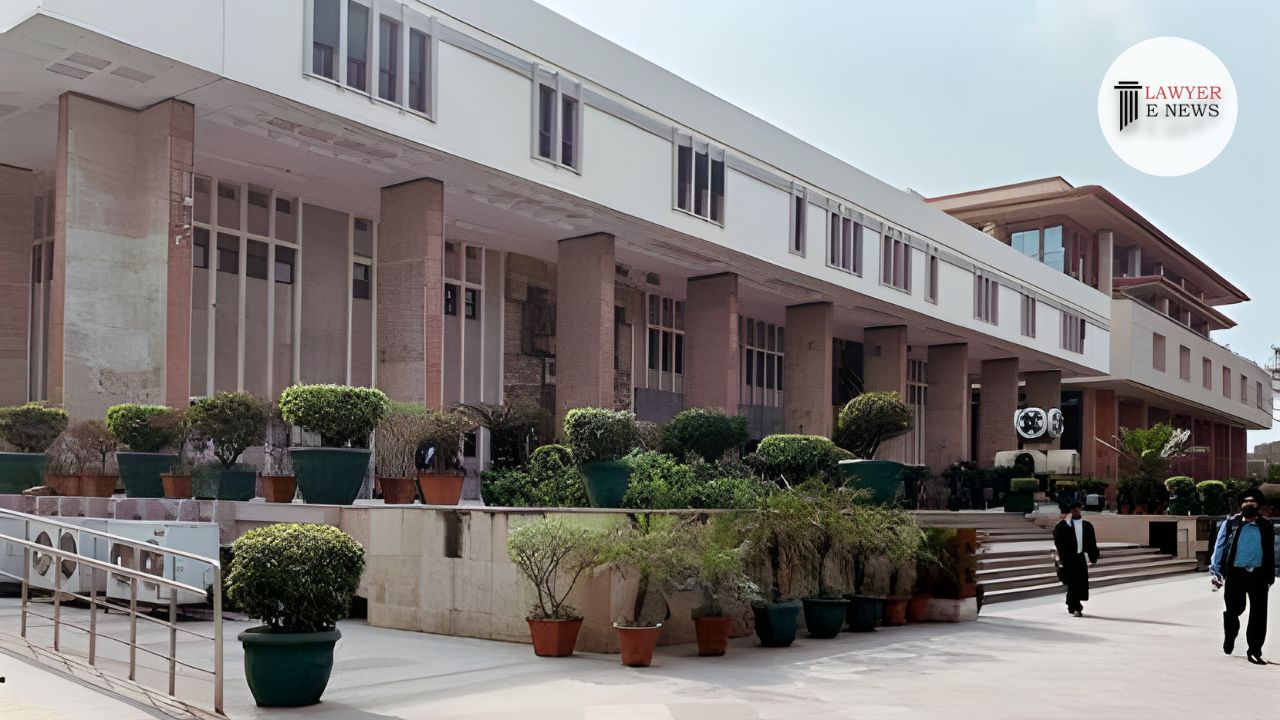-
by sayum
17 February 2026 5:39 AM



In a significant judgment, the Delhi High Court has upheld an eviction order in the case of RC.REV. 128/2020, Charanjeet Singh vs Vivek Jain, emphasizing the broader interpretation of 'dependence' in eviction cases under the Delhi Rent Control Act, specifically Section 14(1)(e). The court recognized not just financial but also emotional and business dependence as legitimate grounds for a landlord's bona fide requirement of the rented premises.
Justice Girish Kathpalia, in his ruling, stated, "The emotional dependence of the landlord on his family members and vice versa cannot be ignored in the proceedings of the present nature... The dependence in such proceedings has to be interpreted judiciously keeping in mind intent behind the enactment."
The case revolved around the landlord's need for the premises for expanding his family business and storing business goods, with the petitioner, a tenant, challenging the eviction order. The tenant's application for leave to contest the eviction was previously dismissed by the learned Additional Rent Controller. The High Court delved into the necessity of an affidavit supporting the application for leave to contest, following the precedent in Gian Chand vs Roop Narain, and decided not to dismiss the application on technical grounds despite some deficiencies in the affidavit.
One of the crucial points of the judgment was the court's interpretation of 'hardship to tenant', where it was observed that "the inconvenience and hardship that would be caused to the tenant in case of eviction cannot be a ground to protect him if otherwise the case set up by the landlord falls within the parameters prescribed by law."
The court also dismissed the tenant's claims regarding the employment status of the landlord’s sons and the availability of alternate accommodation, citing a lack of substantive evidence. In its decision, the High Court emphasized that the landlord’s bona fide need for premises for business expansion was legitimate and supported by law.
Date of Decision: 01.02.2024
Charanjeet Singh VS Vivek Jain
